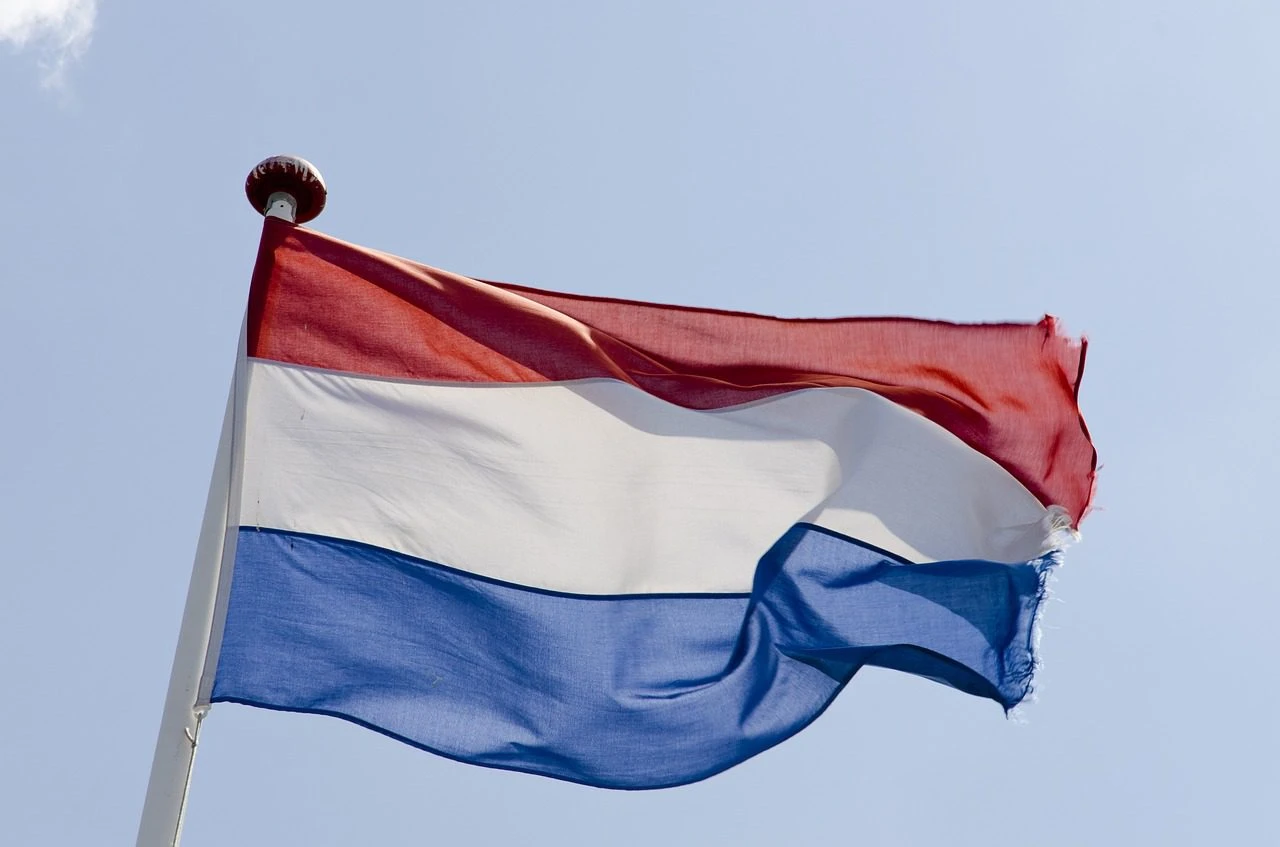Dutch trade bodies call for tougher black market monitoring efforts

Kansspelautoriteit (KSA) yesterday (10 October) stated the current Dutch online gambling channelisation is at 95%. However, data on Dutch player spend and revenue suggests the rate is more likely at 87%, with consumers spending more on illegal sites.
The revelation has led to the gambling trade bodies to air concerns about the black market. Both organisations focus on the fact that illegal website spend is higher than with licensed sites.
Based on this, VNLOK chair Helma Lodders and NOGA acting director Eric Konings insist the regulator must consider improving its monitoring of the black market. This, they say, will allow for more accurate estimates of the size of the it.
“It is very important to continue to monitor developments in the illegal market, but also to improve the current monitoring,” they said in a joint statement.
“The KSA rightly notes that the size of the illegal market is probably larger than the current figures show, because not all illegal providers can be included in the monitoring. It is crucial to strengthen monitoring in this regard.”
The trade bodies also flagged the data point which suggests consumers are spending more illegally and legally, noting the sector may not be successfully protecting vulnerable groups of players. “It is worrying that players who opt for the illegal offer spend more money there.
“We know that illegal gambling sites are particularly attractive to these groups [of vulnerable players],” they said.
“Recent research has shown that minors can play with illegal providers without many problems. These groups are now in danger of disappearing from statistics, while they deserve extra protection.”
Room for improvement elsewhere
Lodders and Konings went on to say the figures show help and information conversations with players has decreased. While this could suggest fewer players are experiencing gambling problems online, players that could be shifting to the black market have no protection against harmful behaviours.
Both parties also requested that the sign-up process for the Central Register of Exclusion from Gambling (Cruks) is simplified to make it more enticing for players.
Proposals include talking to players that have registered with Cruks but want to reinstate their gambling accounts. This, the trade associations say, will allow operators to first assess whether additional restrictions should be applied to players.
The registration process to Cruks for involuntary submissions is too long and can sometimes takes several months. Of the 206 registrations made by operators (since Cruks’ inception), 77 were approved. Most recent data from Cruks shows the list had 75,334 registrants as of June 2024.
“A number of players may have registered voluntarily, but that still leaves a relatively large number of rejections,” VNLOK and NOGA say. “It is important to further investigate why these applications are rejected.”
